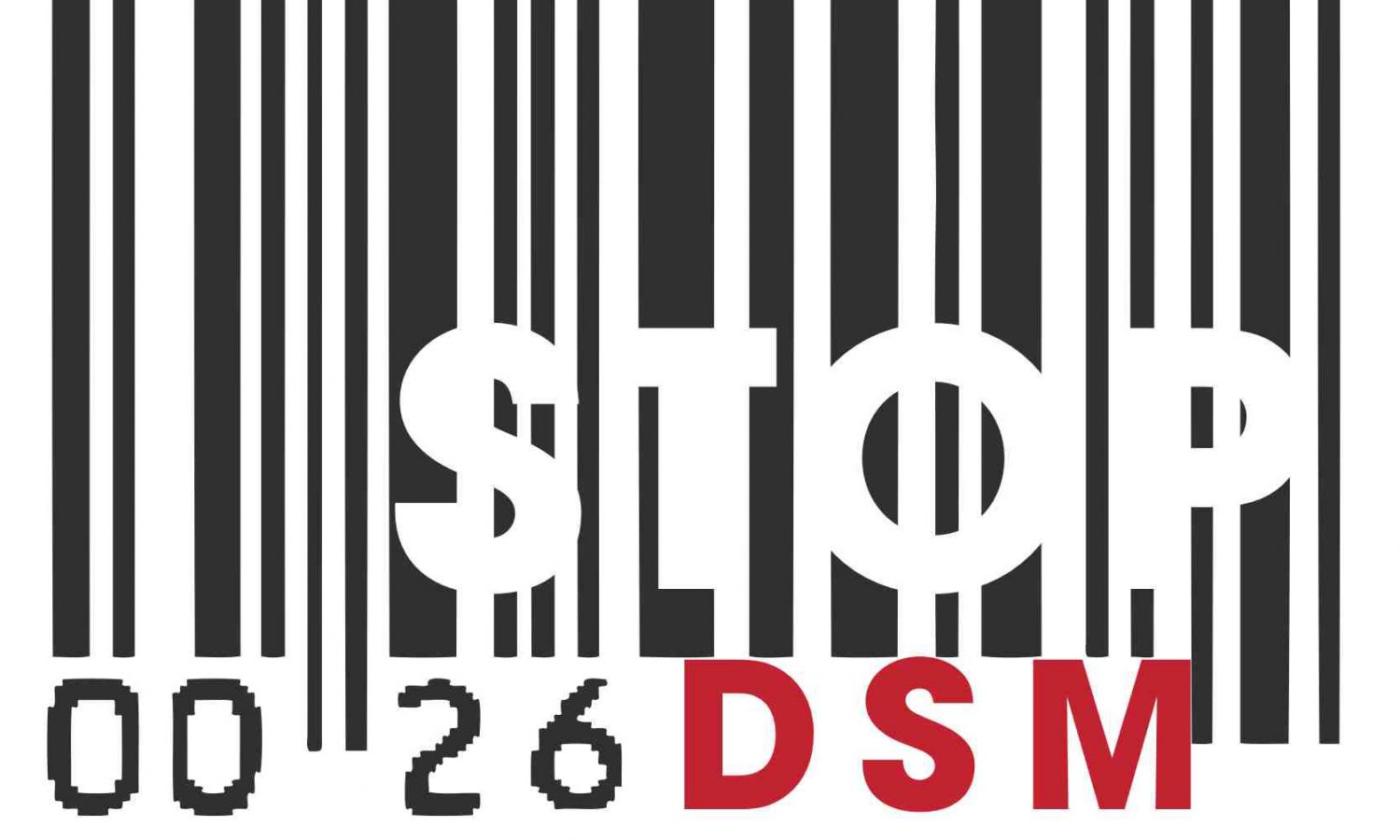In order to consent the existence of mental diseases classifications independently developed
Mental health should no longer refer
to a single textbook required by the WHO
The nomenclature of the DSM, on which WHO’s ICD-10 has been modeled, has progressively become the single and obligatory classificatory reference of “mental disorders”:
- in epidemiology;
- in the field of research and scientific publications;
- for social protection systems and insurances;
- in order to collect statistical data for care policy and financing;
- as an unique reference manual in the teaching of psychiatry in medical and psychology schools, for the training of professionals and lecturers in health, social and special education fields;
- finally, for physicians, who, having no other relevant training, prescribe more and more psychotropic drugs, based on questionable diagnostic criteria.
With the purpose of responding to specific and distinct requirements, the widespread use of this unique classification becomes a confusion, inadequacy and risks source.Especially since the WHO is not empowered to take decisions on scientific research, but instead it should recommend independence, diversity and promote the coexistence of different approaches.
Moreover, far short of scientific rigor, the DSM is based on unambiguously partial conceptions. It neglects the clinical data, multiplies the pathological categories and lowers the threshold of diagnostic criteria for inclusion, which leads to false-positives and pseudo-outbreaks (as, for example, hyperactivity, bipolar disorder or autism). It is misused for predictive purposes in children and adolescents, taking the risk of harming their development and integration. It also promotes what has become, for a large part of the population, a real addiction to psychotropic drugs.
We are on the threshold of the DSM-V’s edition, which will increase again the number of categories, already overcrowded, and extend the scope of prediction. We cannot let it establish such an orientation, designed to increase artificially the number of pathologies.
In order to consent the existence of mental diseases classifications, developed independently, respecting the plurality of references and clinical data, we require urgently to WHO:
- to stop promoting internationally the ICD-10’s monopoly condition, derivative from the DSM, in contradiction with the competition law and imposing its dictatorship over an important part of clinical practitioners and researchers that base their practice on other clinical criteria;
- that multiple references could coexist, that a single model would not be imposed for all purposes on a simple statistical basis;
- that the UN member states and thus affiliated with WHO, will not take sides in scientific debates, taking into account the various existing classifications, such as, for example, the CFTMEA (French Classification of Mental Disorders in Child and Adolescent) in France;
- that, at a national level, the representativeness of the classification development committees must be guaranteed. In addition to delegates of public authorities (Health, Education…), such committees should include independent recognized experts and representatives of psychiatrists, psychologists and psychoanalysts associations. Measures shall be taken to ensure the absolute independence vis-à-vis any influential group, public or private, of the pharmaceutical industry in particular;
- that, in order to avoid the requirement for researchers to use strange or even obsolete concepts causing a loss of research and scientific disagreement, both research and teaching must lead to the plurality of approaches, to different terminologies, to scientific advances and to an advanced clinical training;
- to stop the manipulation of diagnostic categorizations that, under the guise of “good practices”, dictate to practitioners of therapeutic lines for economic or political goals. Indeed, accounting needs and clinical requirements cannot be mixed up. Furthermore, a simplified nomenclature is sufficient to respond to the categorizations needed to satisfy social protection.

Leave a Reply